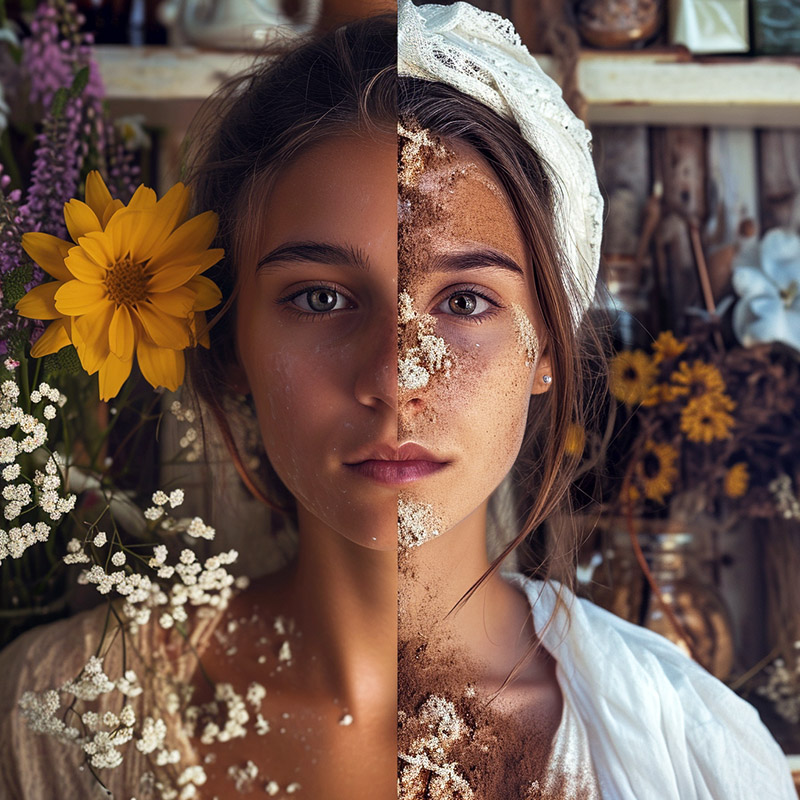
More people are discovering the beauty benefits of natural skincare made from simple kitchen ingredients. Whipping up your own body scrubs, masks and moisturizers is rewarding, budget-friendly and gentler for your skin.
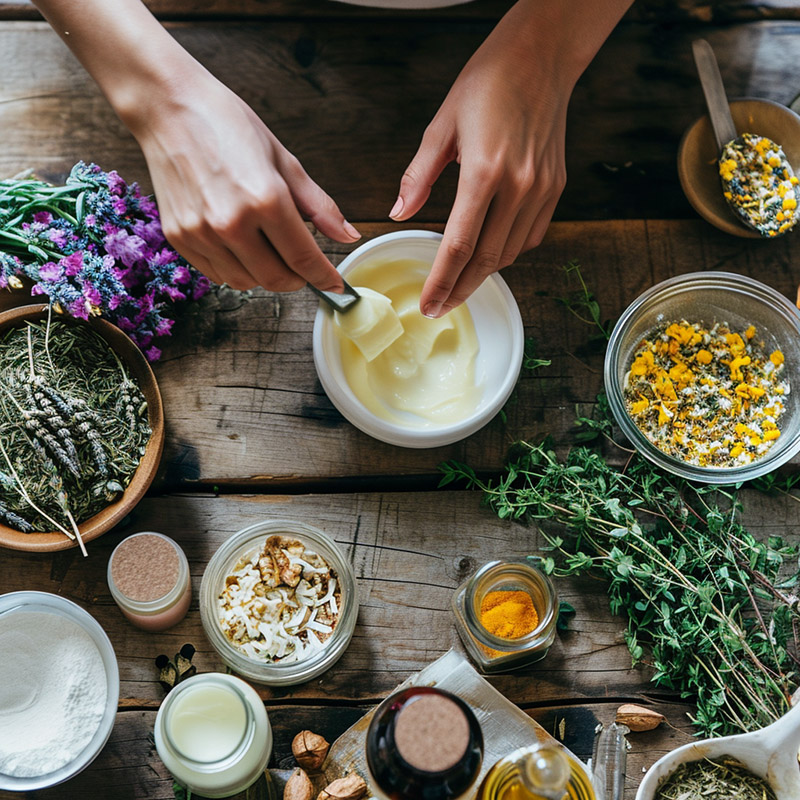
Crafting au naturale products allows you to control exactly what touches your face and body. You can avoid skin-irritating chemicals, preservatives and synthetic fragrances found even in pricey commercial items. Mixing and matching food-grade ingredients creates customizable concoctions tailor-made for your needs.
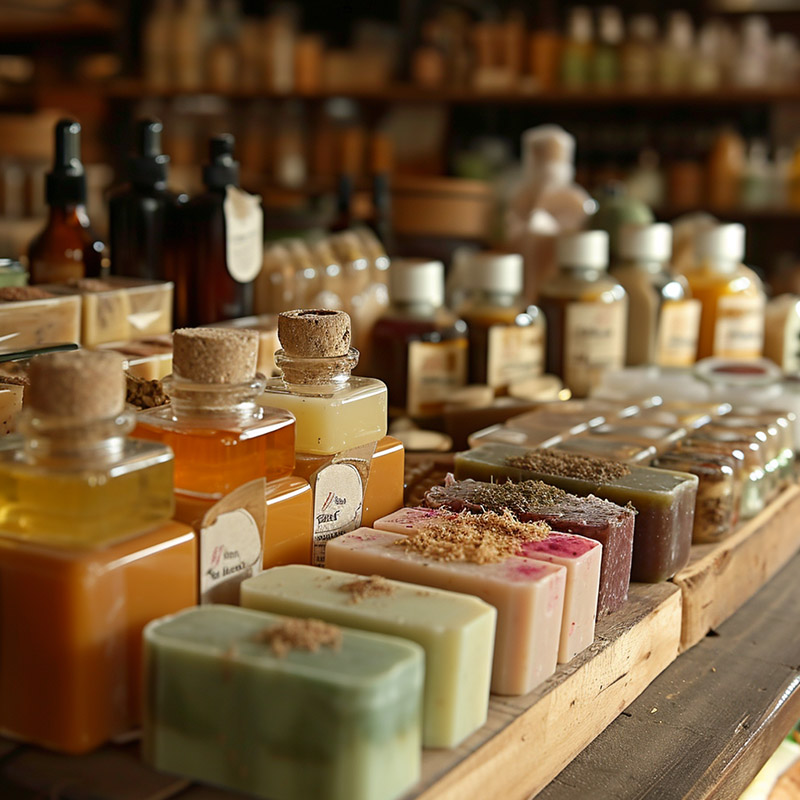
Whipping up all-natural bath and beauty products requires surprisingly few supplies. Oils like coconut, almond and olive nourish skin when blended with gentle exfoliants like sea salt or sugar. Avocado and honey pack masks with hydrating antioxidants. Lemons, herbs and essential oils lend a lively, spa-worthy scent.

Beyond getting a glow affordably, creating your own scrubs, cleansers and moisturizers offers stress-relieving creativity. Time seems to stand still when thoughtfully preparing recipes in the kitchen. The process elicits mindfulness similar to cooking or gardening.
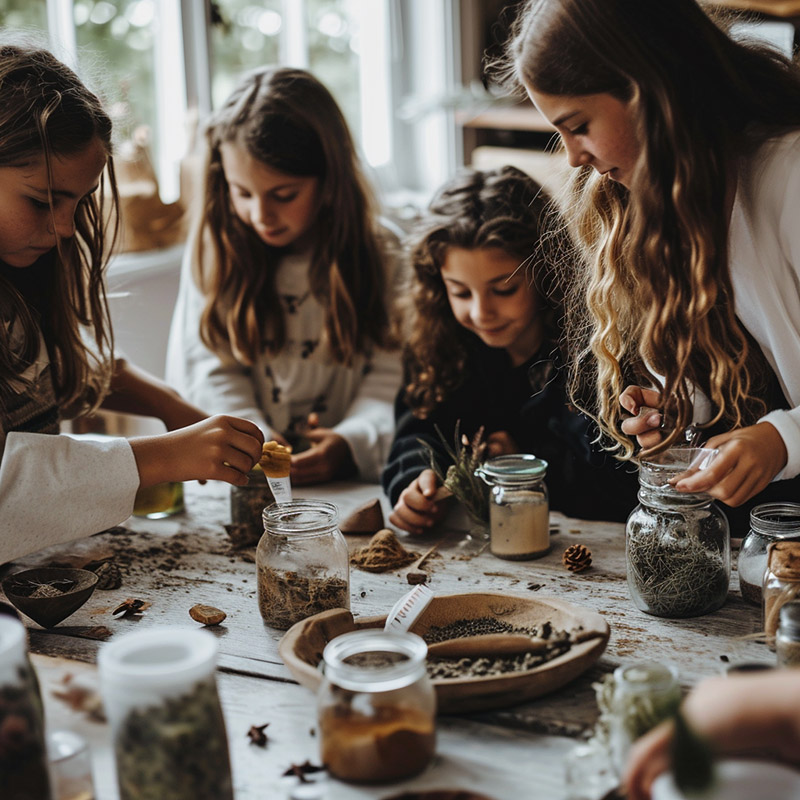
You need not invest in fancy equipment or take special classes to become a cosmetics artisan. Simple kitchen tools plus pantry staples equal wholesome, homemade luxury at a fraction of boutique prices.
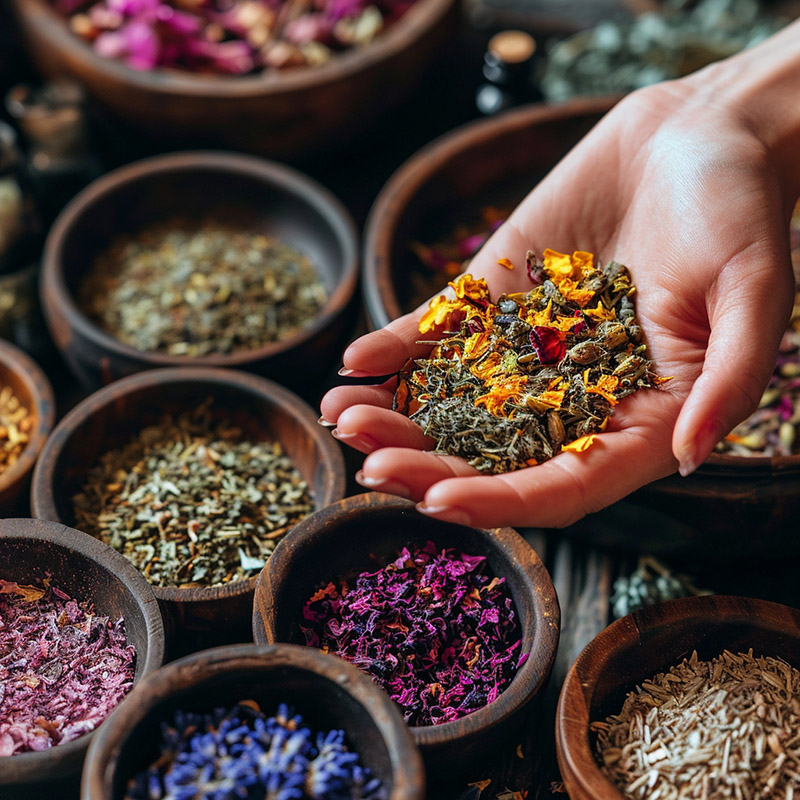
Next time you long to pamper skin and senses, don’t head to the mall. Instead, rustle up an all-natural beauty balm bursting with nutrition. Your skin will soak up the skin-nourishing benefits and you’ll feel refreshed in more ways than one.
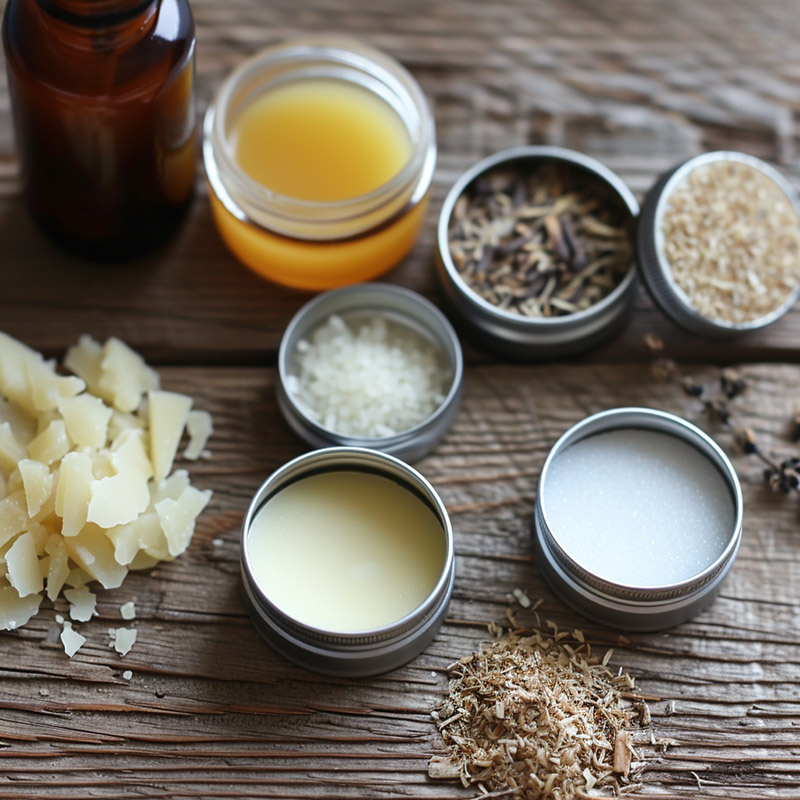
Homemade natural cosmetics are gaining popularity among individuals seeking healthier, more sustainable beauty options. Unlike commercial products, these DIY alternatives allow for complete control over ingredients, ensuring that they are free from harsh chemicals and synthetic additives. By choosing natural components such as essential oils, herbs, and organic bases, users can create personalized skincare that caters to their specific needs. This approach not only promotes a healthier skin regime but also reduces environmental impact, as homemade products typically involve less packaging and fewer preservatives.

The process of making your own cosmetics can be both fun and rewarding. Beginners often start with simple recipes like face masks or lip balms, which require minimal ingredients and equipment. For instance, a basic lip balm can be made with just beeswax, coconut oil, and a few drops of essential oil for fragrance. As one gains more experience, they can experiment with more complex formulations, incorporating a variety of natural oils, butters, and extracts. This creative process allows for experimentation and customization, leading to unique products that are tailored to individual preferences and skin types.
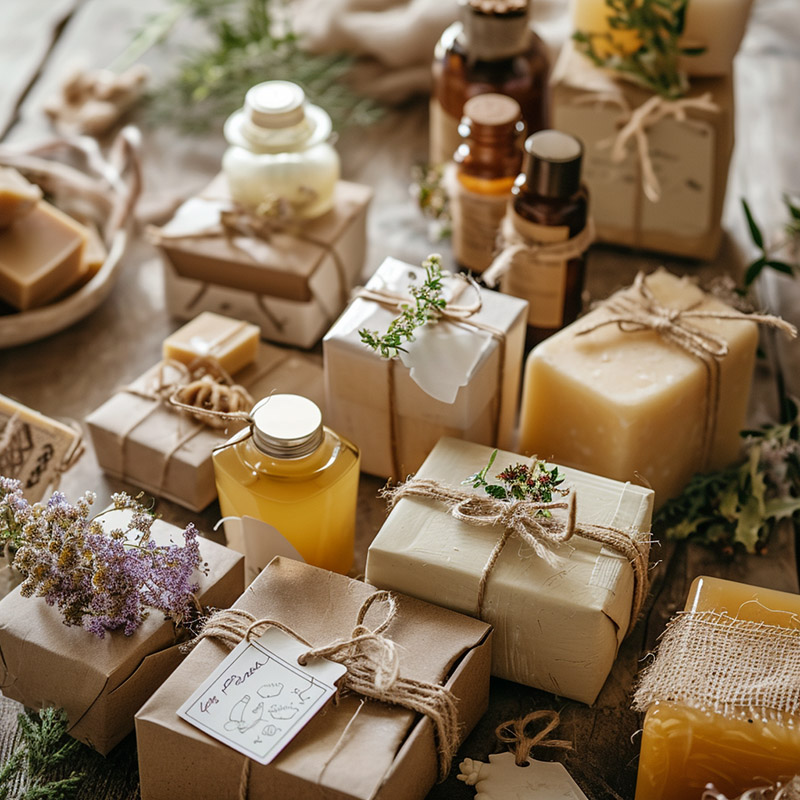
Safety and proper storage are crucial aspects of homemade cosmetics. While natural ingredients are generally gentler on the skin, it's important to be aware of potential allergies and perform patch tests before using a new product. Moreover, since these homemade items lack commercial preservatives, they have a shorter shelf life and should be stored properly to maintain their efficacy. Refrigeration and airtight containers can help prolong the life of these products, ensuring that they remain safe and effective for use.
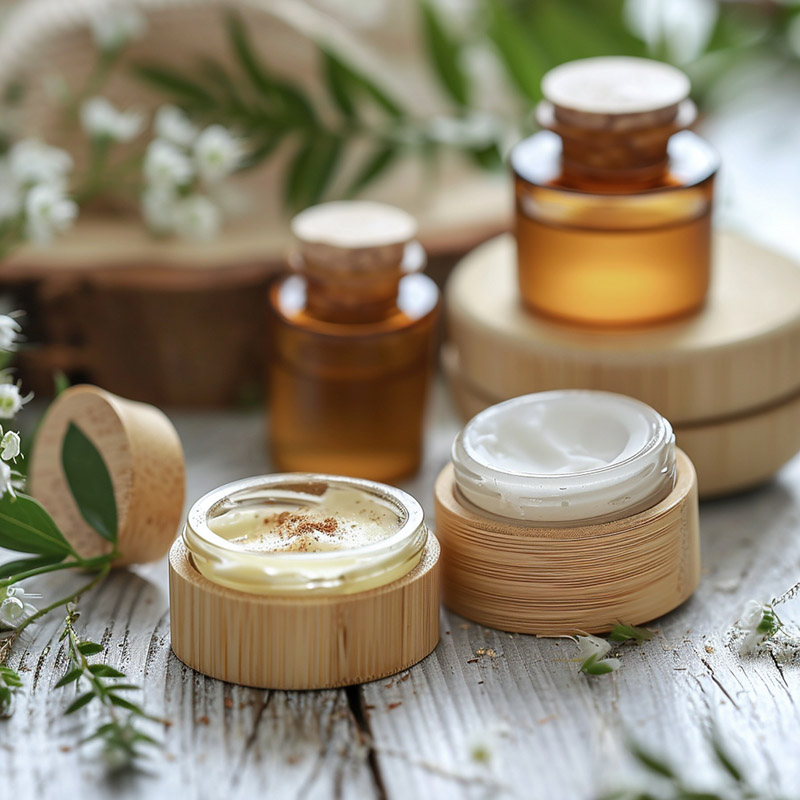
In addition to personal benefits, homemade natural cosmetics contribute to a more sustainable lifestyle. By selecting organic and locally sourced ingredients, individuals can support ethical practices and reduce their carbon footprint. The DIY approach also allows for less waste, as reusable containers can replace single-use packaging common in commercial products. Overall, the shift towards homemade cosmetics represents a conscious choice towards a healthier, more environmentally friendly beauty routine.